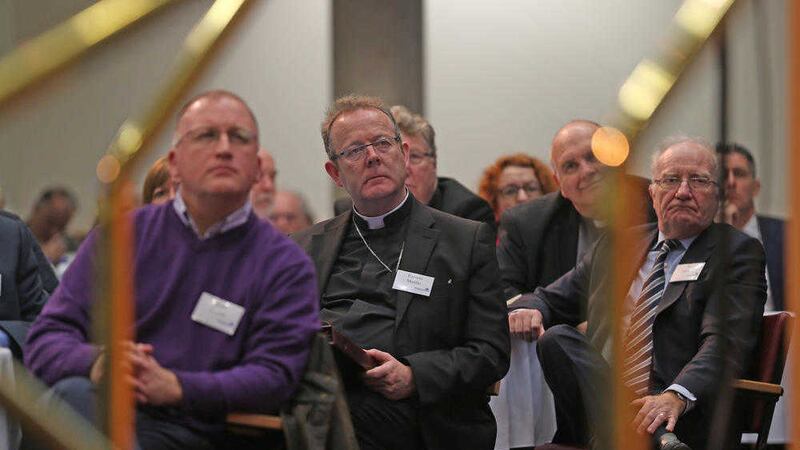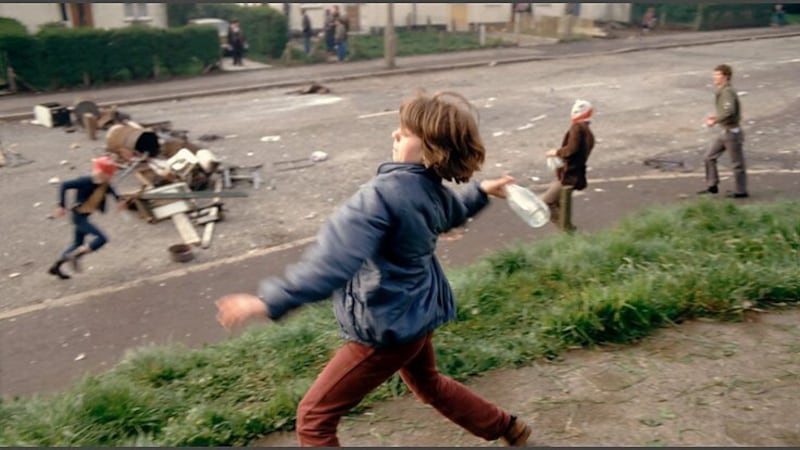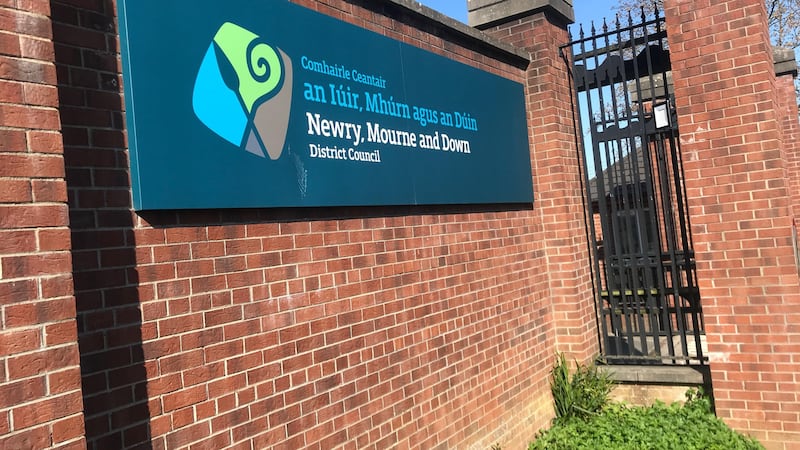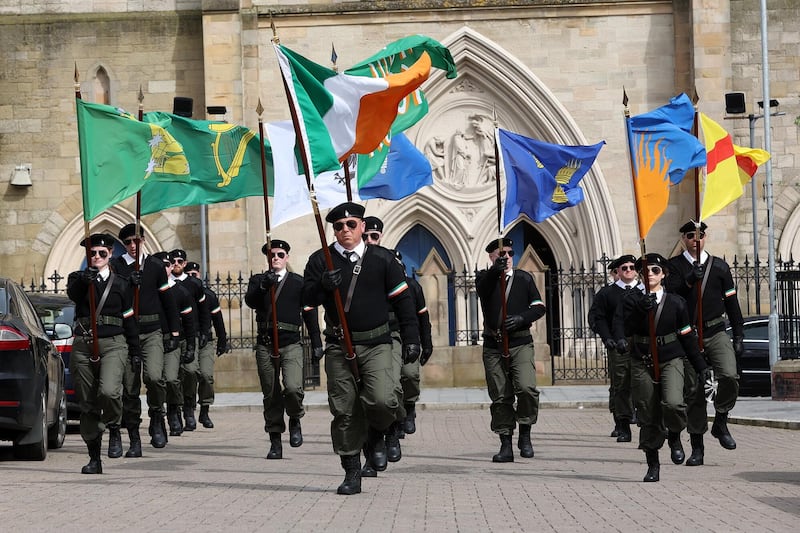THE Irish government minister responsible for the 1916 commemorations has said State events to mark the anniversary "do not seek to be triumphalist or divisive."
Arts minister Heather Humphreys, whose grandfather signed the Covenant, made the comments at a conference yesterday examining the major events of 1916.
Speaking of her grandfather, Robert James Steward, who signed the Ulster Covenant in 1912, Mrs Humphreys said: "I am sure that at the time he never in his wildest dreams would have thought that his only granddaughter, a little over 100 years later, would serve as a minister in the Irish government, with responsibility for commemorations."
Mrs Humphreys - the only Presbyterian member of the Oireachtas and TD for Cavan/Monaghan - was one of several speakers at the Presbyterian Church event in Belfast.
Attended by around 350 delegates - including Catholic primate archbishop Eamonn Martin - it was entitled 'The Future of Our Past: Remembering and Reassessing 1916'.
"The orange of unionism, the green of republicanism and the white representing peace in between.
"The entire State programme is anchored in respectful commemoration. It does not seek to be triumphalist or divisive.
"The very word 'republican' makes some of us uncomfortable, because of the way it has been manipulated and misused over the last 100 years. I have previously described myself as a proud Ulsterwoman, a Protestant and an Irish republican.
She added: "In particular, I would like to hear the stories of Protestants who lived south of the border after 1916 and indeed after 1922. Many had very difficult experiences at a time of immense turbulence. Their stories should be heard."
Historians Dr Fearghal McGarry and Prof Keith Jeffery, commentators Ruth Dudley Edwards and Dr Trevor Morrow, a former Presbyterian minister in Lucan, Co Dublin and a past moderator of the Church, were among the other speakers.
Born in Lisburn, Dr Morrow said he had enjoyed a unique perspective on the events of 1916, having been "raised in one narrative" and living "most of my life in another".








